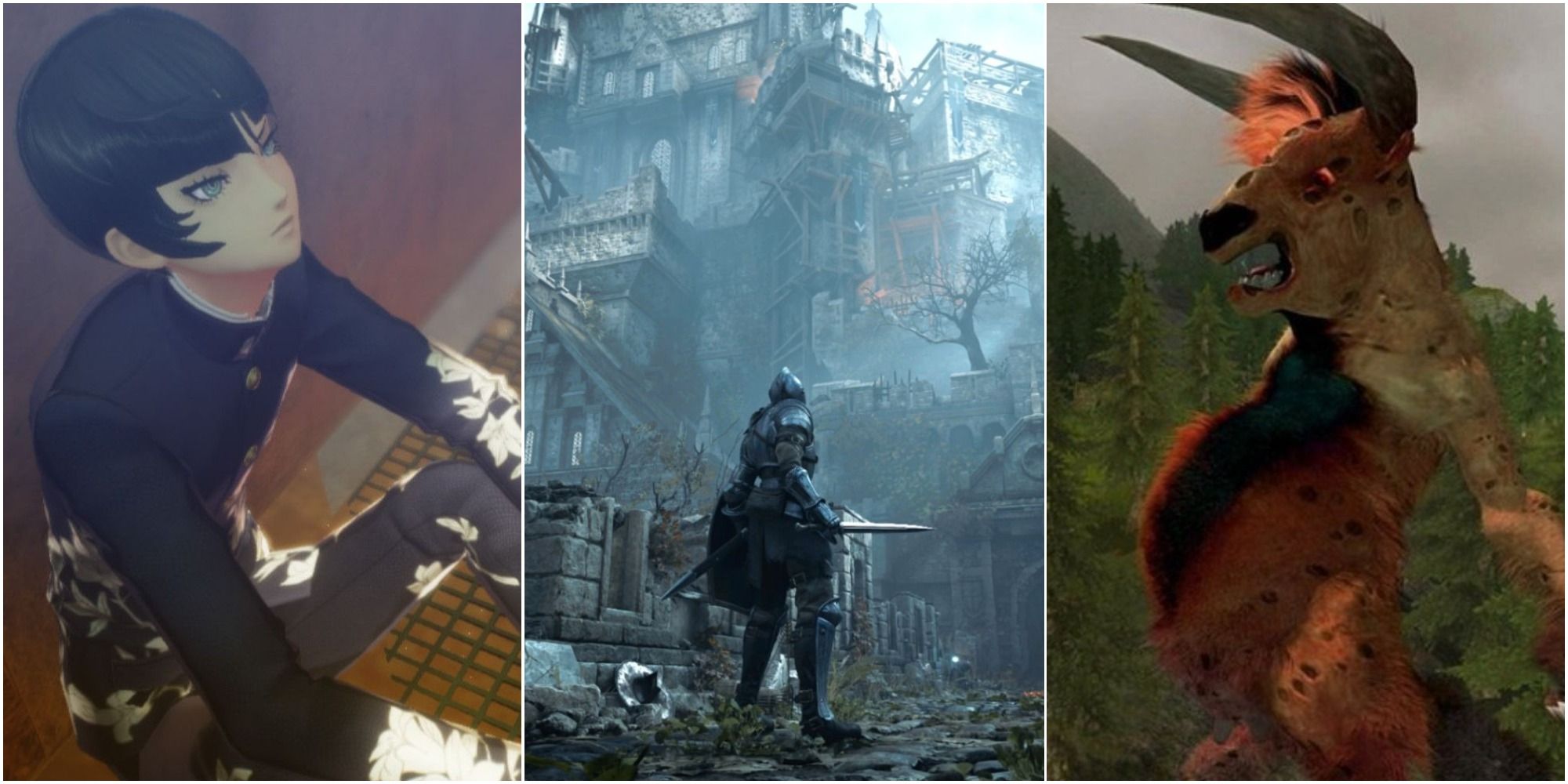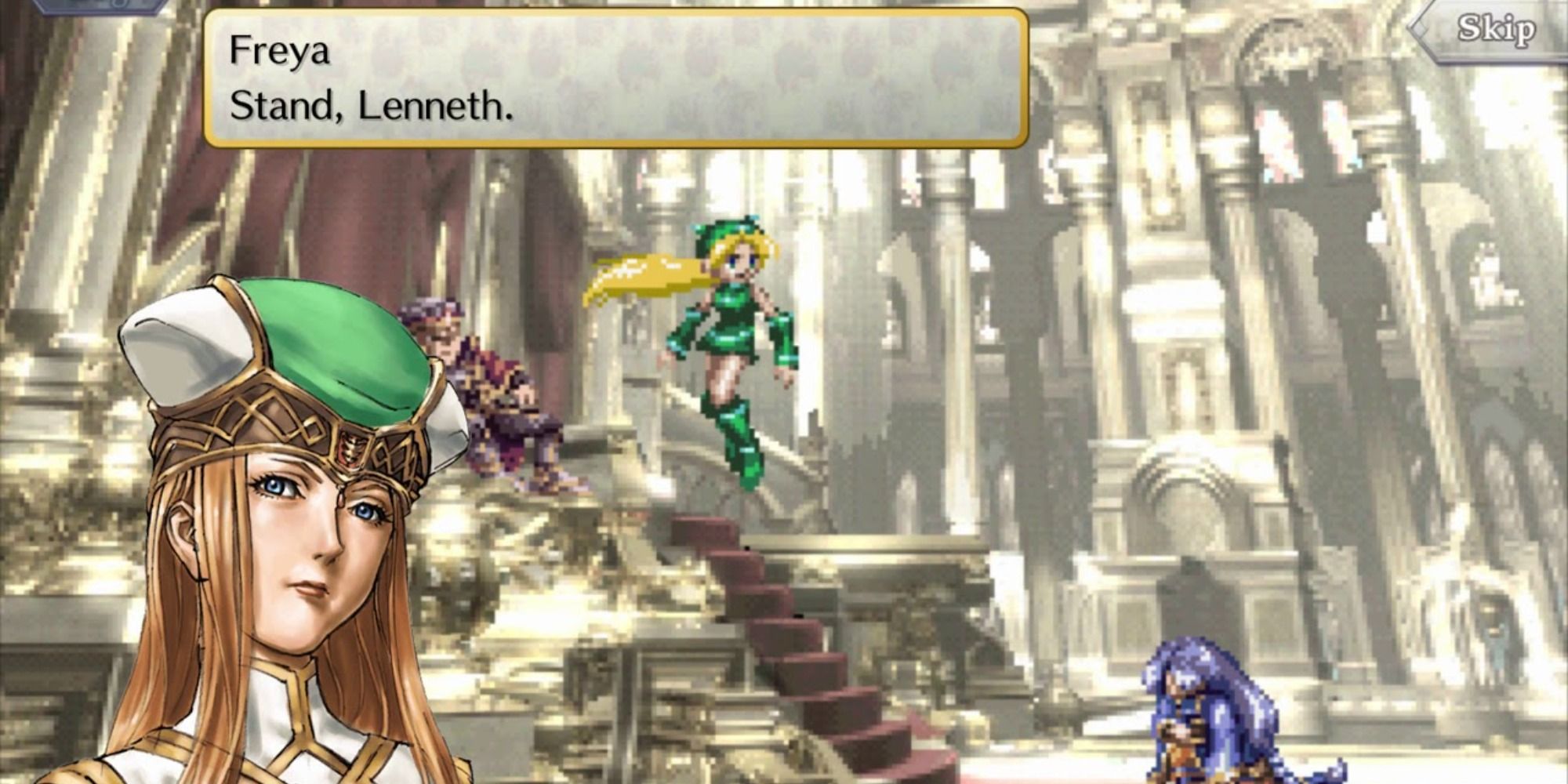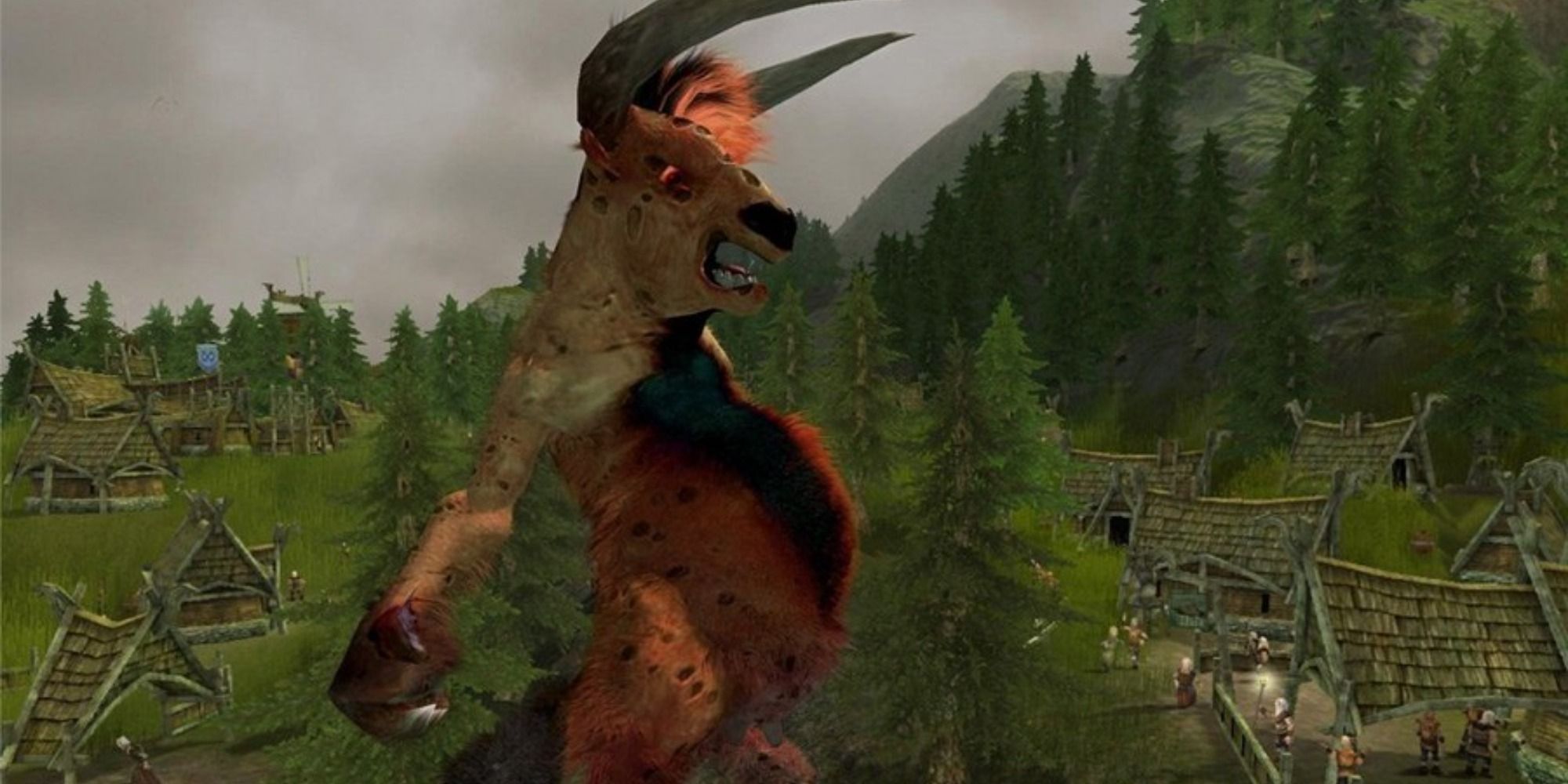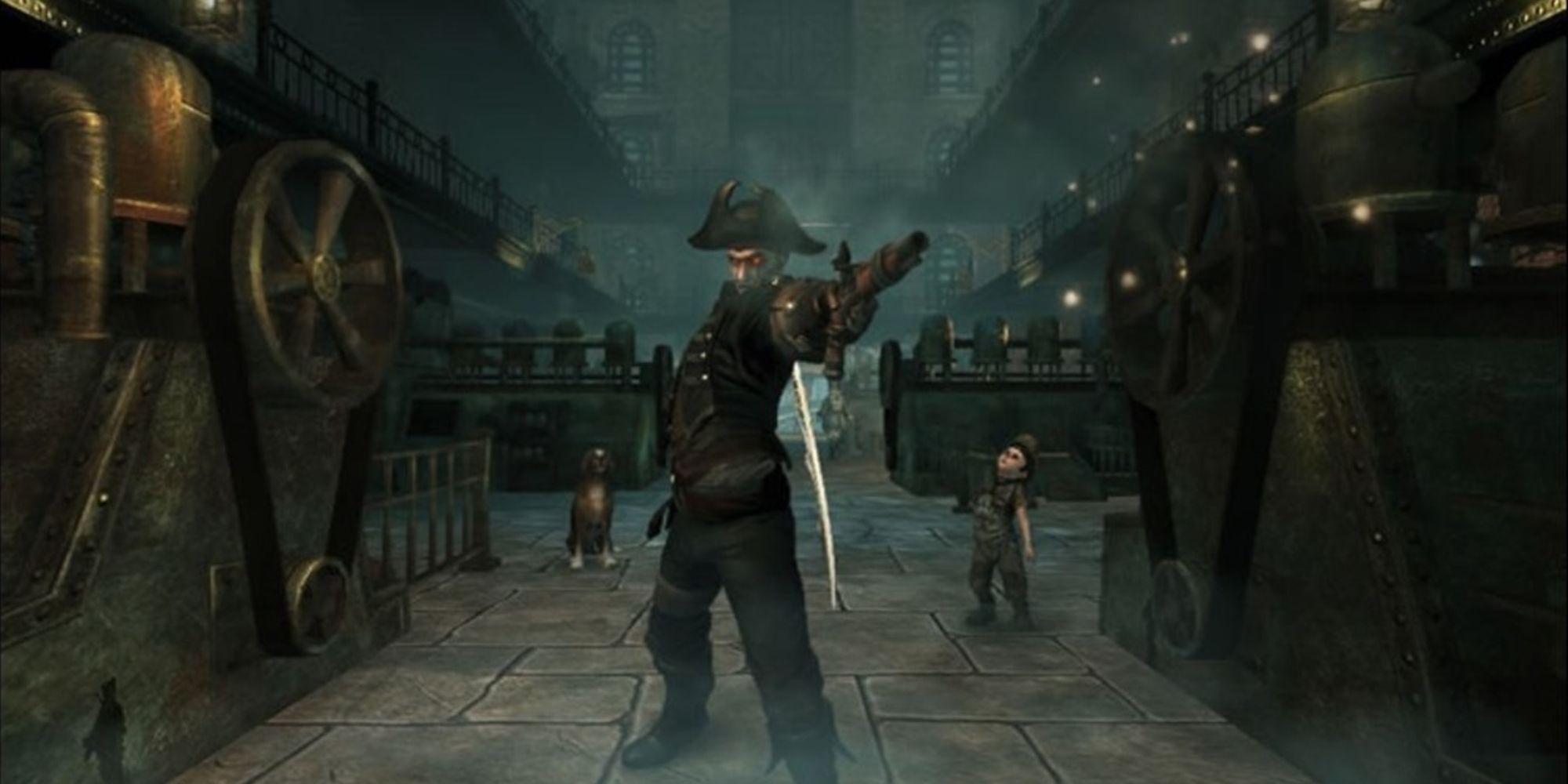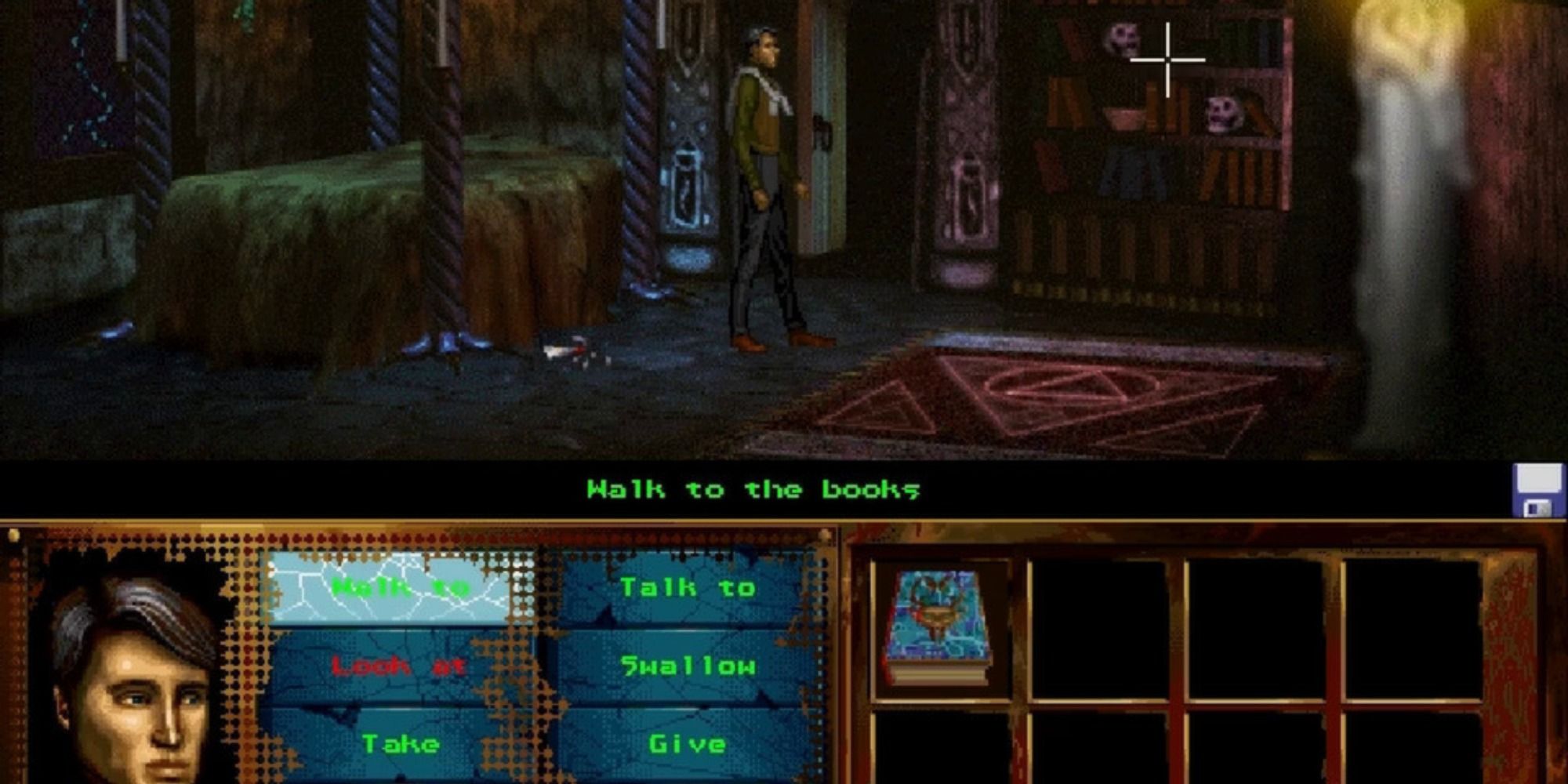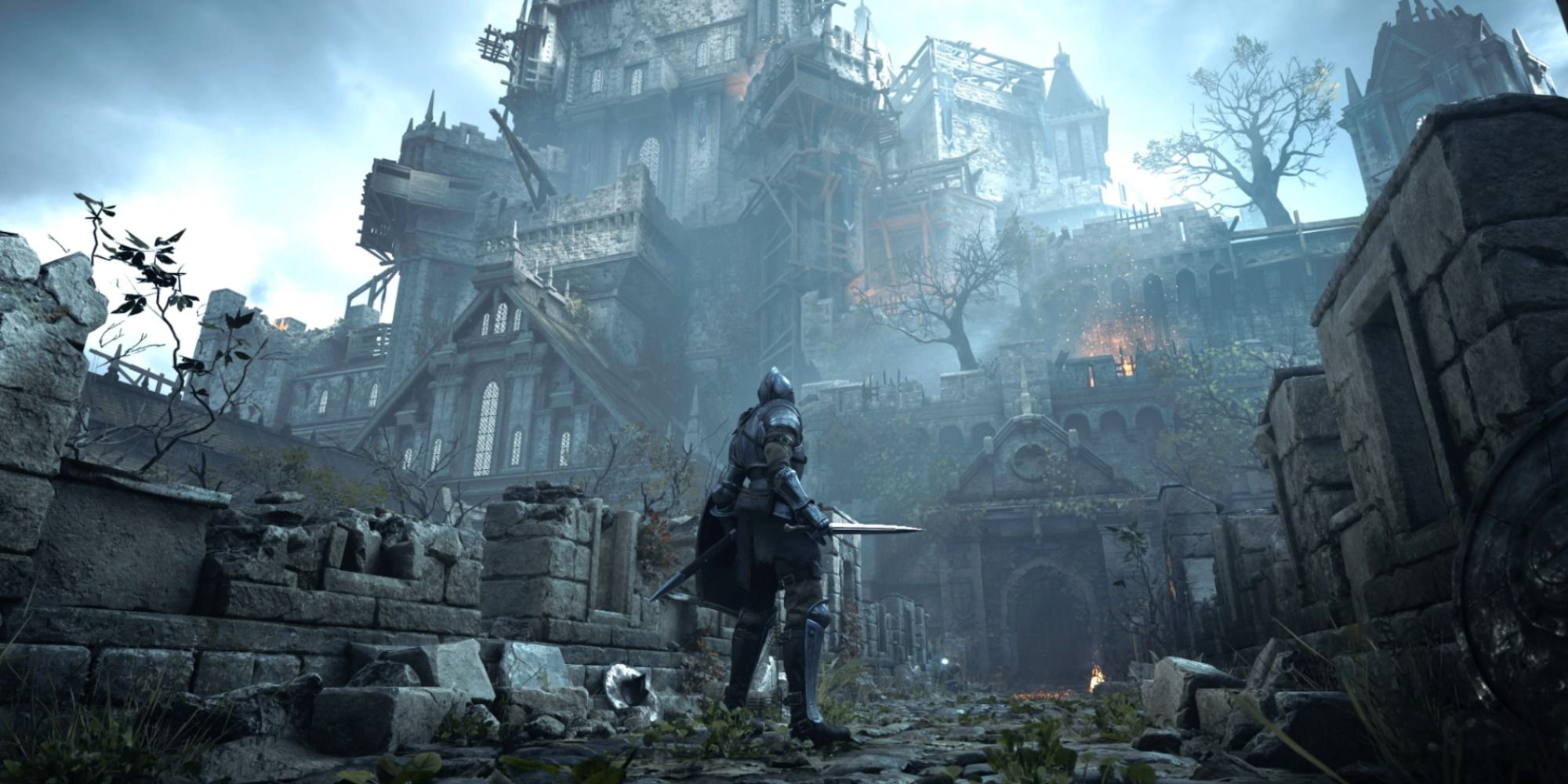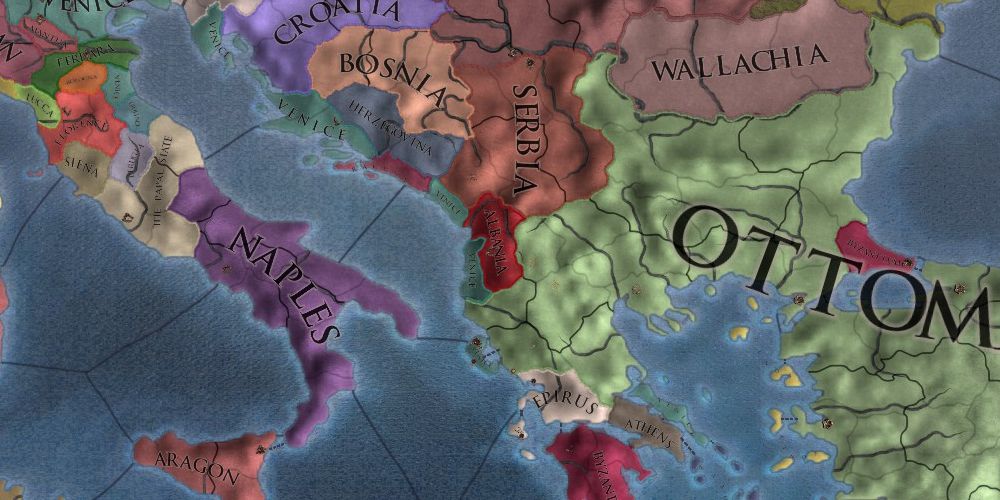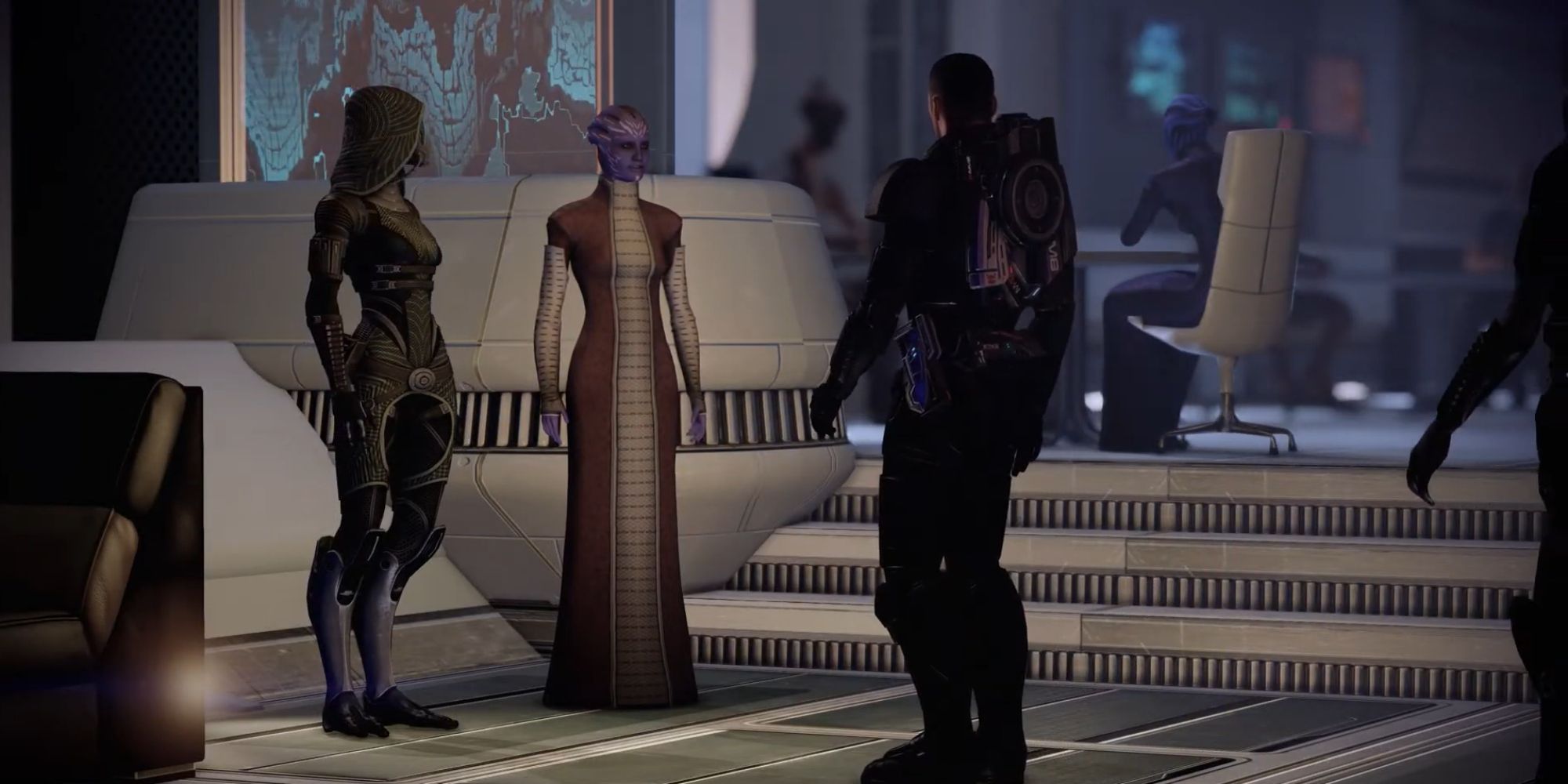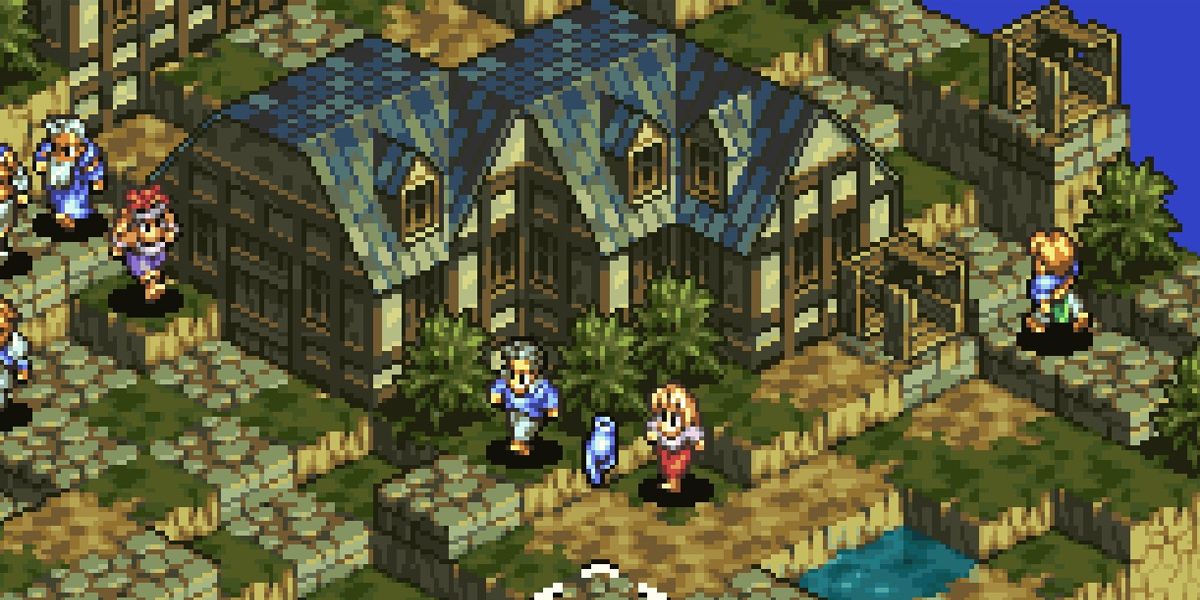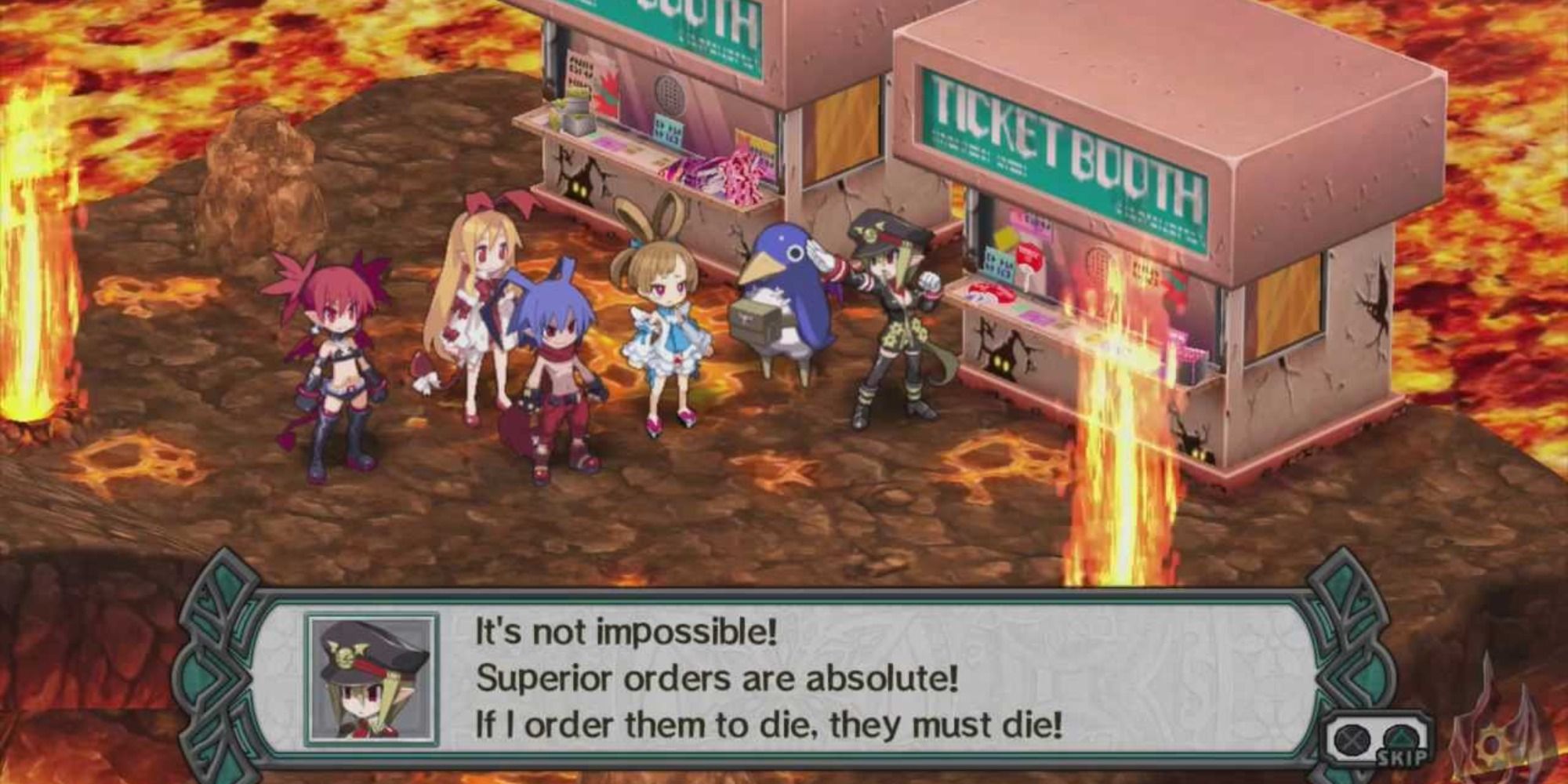Karma meters have been in games for decades - whether invisible or right there in some stat screen, they are a useful way of tracking your actions and doling out rewards or punishment as necessary. In many games, this is as simple as a plus one for every good action and a minus one for every bad one.
Some games, however, go the extra mile in making their version of karma more interesting. This may be by linking it to political philosophies, standing in certain communities, or even how the environment reacts to your presence. The possibilities are endless, and these meters are great for forcing players to think about their actions.
10 Shin Megami Tensei
The Shin Megami Tensei games have a history of forcing you to make difficult choices, most often on an axis of Law and Chaos. While it's obvious what these decisions do in some games, others, such as Shin Megami Tensei 4, will keep track of your choices in the background.
Usually, your alignment on the scale will affect what kinds of quests you can take and what demons you can fuse, but some games will alter the story. Shin Megami Tensei 4 has multiple routes you can take, splitting in the middle of the game depending on how you've behaved up to that point.
9 Valkyrie Profile
In Valkyrie Profile, your performance is rated according to how closely you follow your tasks. If you ignore your orders and do nothing according to plan, eventually, your Evaluation Rating will drop to zero, and Freya'll put you down.
Lenneth's Seal Value, however, tracks her personal behavior and experiences. It lowers as she gains the ability to defy Odin and make her own way and is the key to unlocking the game's best ending. Balancing the two trackers in the game can be tough but required if you want to see Lenneth at her happiest.
8 Black & White
In Black & White, there are often two solutions to every problem you'll come across - this reflects the fact that the game encourages you to pick a philosophy and be either a benevolent god or an evil one. Your land and buildings will change to suit your style - red and hellish for the evil and idyllic and heavenly for good.
What's particularly interesting is that this is also reflected in your creature - your avatar in the world. The thing is, your creature's alignment doesn't have to be the same as yours. You could be the most loving, benevolent god with a demonic cow for a creature.
7 Fable 3
Before the third installment in the Fable series, your alignment had little to do with the world around you and more what kind of accents you'd get on your clothes and weapons, and it was all down to good vs. evil.
In Fable 3, however, it's more a case of pragmatism vs. idealism - though still dressed up as a good vs. evil meter. This becomes more pronounced in the last act of the game, where you'll be constantly forced to make difficult decisions - do you want to make your people happy or hurt them to ensure their survival?
Psst, the answer is becoming a landlord so you can buy your way out of Armageddon on the proceeds.
6 I Have No Mouth, And I Must Scream
A karma meter in a point-and-click game is pretty unheard of, but I Have No Mouth, And I Must Scream does it well. Each character has a Spiritual Barometer behind their portrait that tracks their morality.
Solving the puzzles in the game in a way that frustrates AM, the supercomputer villain who's taking the characters hostage, will keep your Barometers high and green - eventually white - and give you more advantages later in the game. On the other hand, succumbing to base desires and performing evil deeds will satisfy AM and won't help resolve the characters' issues.
5 Demon's Souls
While you don't have a personal karma meter in Demon's Souls, every world in the game has what's called a Tendency that works on a scale from Pure White to Pure Black, with them all starting at neutral. Defeating bosses and phantoms will turn the Tendency lighter, and killing NPCs and dying in body form will turn the world darker.
You can only acquire some encounters and items at certain Tendencies, so it's an important aspect of the game if you want to see everything. That said, it is possible to complete the game without giving Tendency a second thought. However, it's good to know that a lighter Tendency makes enemies easier to beat.
4 Europa Universalis
The karma meter in EU4 is called Karma, which is fitting as it's a game mechanic exclusive to nations of the Buddhist religion. You can gain positive karma by returning cores, releasing countries, and honoring your alliances, but naturally, you will lose it from declaring wars.
The game will reward keeping your karma slider balanced, as it provides a bonus to your diplomacy skills and your army's performance. Being at high or low karma will give you far lower bonuses.
3 Mass Effect
In a similar vein to Fable 3, Mass Effect's paragon vs. renegade system is more about idealism and cynicism than good and evil. However, what sets it apart is that Shepherd is ranked on both paragon and renegade actions separately, and it is not a sliding scale.
Certain actions and dialogue choices are locked behind having sufficient experience in being either a paragon or renegade, which does encourage playing in one style over another. Still, it's more than feasible to go through the game embracing both philosophies.
2 Tactics Ogre: Let Us Cling Together
In Tactics Ogre, every character has a noted alignment - Lawful, Neutral, or Chaotic. These are pretty rigidly set and do not affect much as the game progresses, though, in the game's SNES and PS1 iterations, they may have limited their class choices.
On the other hand, unit loyalty is dictated ed the Chaos Frame. This is a tracker of how Denam, the main character, behaves towards the game's three main clans: Walister, Galgastan, and Balmamusa. It's an invisible meter that affects your units' loyalty based on their affiliation and is affected by story choices, the makeup of your army, and the units you kill in battle.
Apart from loyalty, Chaos Frame will determine the outcome of certain story events, such as Catiua and Denam's fates, as well as whether you can recruit a certain Necromancer in the Chaos route.
1 Disgaea
In a very "Disgaea" implementation of a karma meter, characters in these games will accrue negative karma if they kill their teammates. This may be a shock for veterans of the genre, in which hurting your own allies can be a pretty easy method for gaining experience.
While getting so much negative karma may trigger a secret ending in some games, in the first game, you'd be frustratingly locked out of the best ending forever if you managed to get even a single ally kill.

